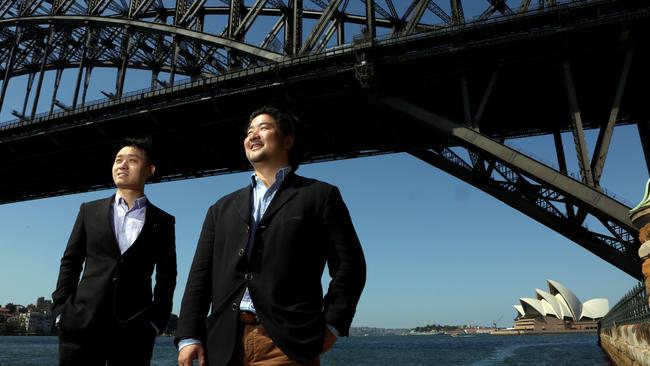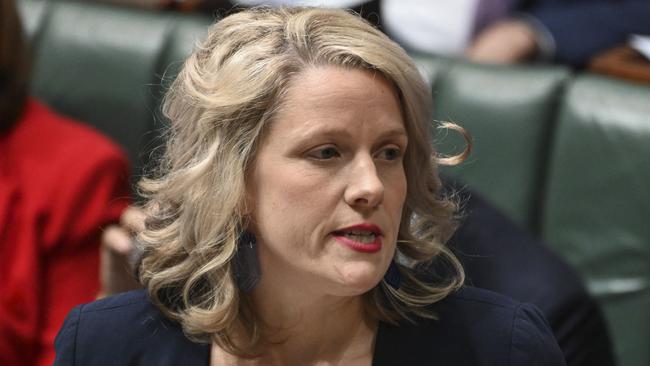Albanese government urged to reconsider scrapping or altering Significant Investor Visa program
Minister Clare O’Neil says the visa program for wealthy migrants ‘isn’t adding value’ but this venture capital firm says Australia risks a brain drain if it’s scrapped.

Sydney-based venture capital outfit Sapien Ventures has called for the federal government to urgently reconsider its plans to scrap or alter Australia’s Significant Investor Visa (SIV) program.
The program, introduced a decade ago, allows skilled migrants to have their visa applications fast-tracked if they invest $5m in Australia.
At the National Press Club in Canberra on Thursday Home Affairs Minister Clare O’Neil is set to outline reforms to Australia’s migration system and has said previously the SIV program “isn’t adding value to the country”.
Sapien Ventures managing director Victor Jiang said the SIV program had brought about $15bn in foreign direct inbound capital since 2012 from 3000 approved applicants.
In a letter to Ms O’Neill, Mr Jiang wrote: “Without this funding, many Australian innovation entrepreneurs will have to leave Australia to source the capital internationally, causing further brain drains and reducing Australia’s innovation sector competitiveness and its long-term economic productivity and global productiveness.
“As a nation, it’s important we retain our brilliant minds. Right now, we’re losing many of them to other countries.”
Sapien Ventures was established in 2015 and has raised much of its capital from high-net-worth Chinese migrants and investors from across Asia after changes to the SIV program.
Sapien has offices in Sydney, Jakarta, Silicon Valley in the US, and Shanghai in China. Its investments include Airtasker and local fintech Hashching, of which it took it took a controlling stake last month.
According to Mr Jiang, Australia currently ranks 15th globally in terms of venture capital dollars spent per capita at $US145 per capita, compared with Singapore which has a similar population size to Sydney, which ranks in first place with $US1398 per capita.

Singapore also has double the venture capital funding of Australia in absolute terms, at $US8.3bn compared with $US3.8bn.
Mr Jiang pointed to a study by Credit Suisse Australia showing the average SIV investor contributes an additional $5 in flow-on GDP activities in Australia for every $1 of SIV capital invested, which could equate to approximately $75bn of further indirect GDP contributions to Australia, or $90bn in total GDP contributions in just over 10 years.
“The SIV program has been an important buffer in bridging the gap in venture capital funding in Australia. However, more needs to be done to retain our innovative and entrepreneurial talent domestically,” Mr Jiang said.
“If the program was not available, we believe that many Australian companies that have supported and empowered entire sectors of the Australian economy would not be making the impacts that they have made.
“That’s a loss of job creation, GDP activity, tax revenue, export sales, global competitiveness of Australian industries, as well as the livelihoods of many segments of society who can ill afford to do without the services or offerings of these systemically important companies.”
He said that the venture capital component represented only 20 per cent of the $5m SIV program from July 2021, highlighting the impact it’s had on the Australian innovation ecosystem despite a relatively small amount of capital.
Ms O’Neil was contacted for comment. She told Sky News in an interview late last year that the SIV program had become a problem for the nation’s immigration system.
“Most Australians would be pretty offended by the idea we’ve got a visa category here where effectively you can buy your way into the country,” she said at the time.
“It’s a visa program that I think isn’t adding value to the country and it’s something that we will be looking at.”



To join the conversation, please log in. Don't have an account? Register
Join the conversation, you are commenting as Logout